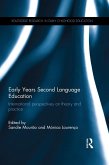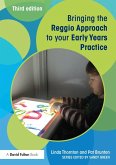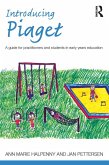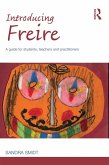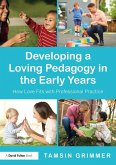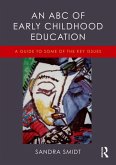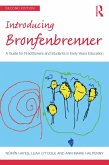Drawing on a synthesis of theory, research and practice, this edited volume makes an innovative contribution to literature concerning language education for very young children. It explores language learning in a wide range of geographical contexts with reference to second and foreign language learning, bilingualism and plurilingualism with children under the age of 6 years old. Chapters present discussion around teacher education, policy-making, international case studies, school and home-based projects, code switching and language use, and methodologies and approaches.
Early Years Second Language Education: International perspectives on theory and practice will be essential reading for researchers, academics, teacher trainers, and post-graduate students in the fields of early years education, foreign and second language education, language didactics and teacher education.
Dieser Download kann aus rechtlichen Gründen nur mit Rechnungsadresse in A, B, BG, CY, CZ, D, DK, EW, E, FIN, F, GR, HR, H, IRL, I, LT, L, LR, M, NL, PL, P, R, S, SLO, SK ausgeliefert werden.
'This is a pioneering volume, which brings together actual and sometimes conflicting theories on bilingualism and multilingualism (namely by the adoption of monoglossic stances in many contributions), on language acquisition and language learning, on attitudes and identity, and on desiderata, practices and policies. Whilst covering mainly European contexts and being centred in English as a foreign language, the research and teaching practices described along the book, as well as the theoretical assumptions underlying them are borderless and they may inform and inspire teachers, teacher educators, stakeholders and parents around the world.' - Sílvia Melo-Pfeifer, University of Hamburg, International Journal of Bilingual Education and Bilingualism



